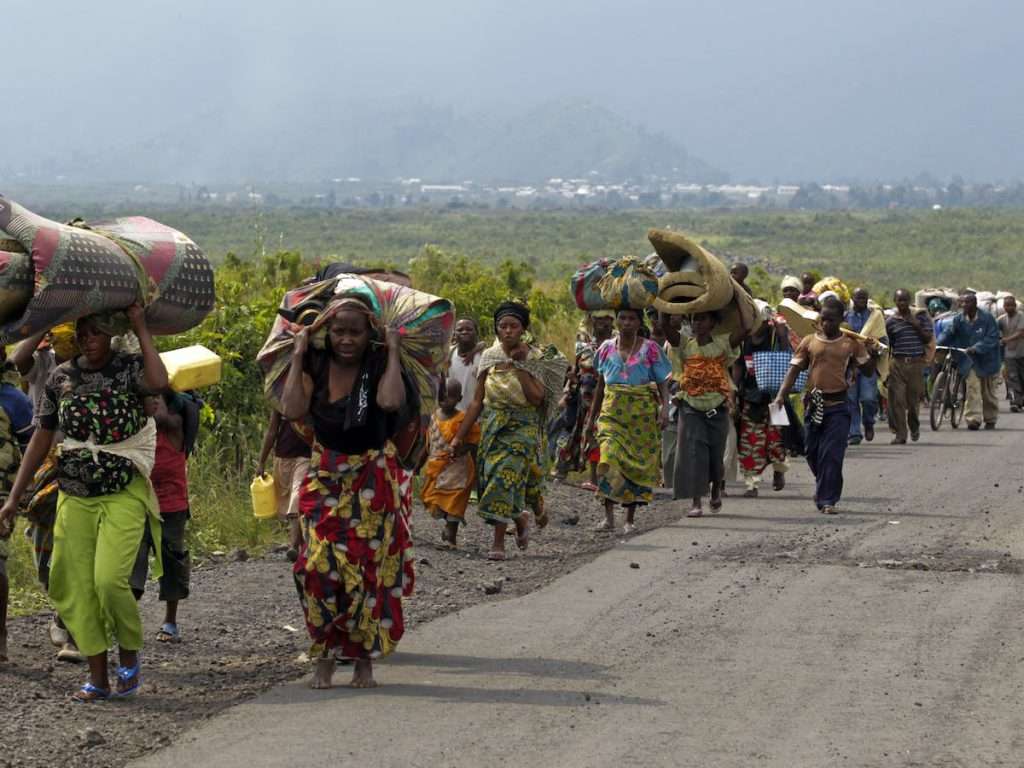Thousands flee northeast Nigeria following militant violence surge

More than 5,000 residents have fled northeast Nigeria into neighbouring Cameroon following the capture of Kirawa, a border town in Borno State, by Boko Haram militants, according to local leaders and residents on October 3.
Reported by Reuters, the incident reflects a surge in insurgent operations in Borno, a region central to a 16-year conflict. Boko Haram, founded in the early 2000s to establish an Islamic Caliphate, is considered one of the world’s deadliest jihadist groups. Alongside its splinter faction, the Islamic State West Africa Province (ISWAP), Boko Haram has intensified its insurgency this year, targeting civilians and security forces, worsening the humanitarian crisis, and further complicating efforts to stabilise northeastern Nigeria.
While Boko Haram is a local insurgent group, ISWAP is a breakaway faction that has pledged allegiance to the Islamic State (ISIS), making it part of a broader continental surge in extremist activity. As reported by Maghrebi, according to the Geopolitical Monitor on August 19, Africa has become the global epicentre of ISIS, underlining the growing regional and international dimensions of the threat.
Kirawa, in Gwoza Local Government Area, has faced repeated attacks in recent weeks. On September 26, reports indicated that Boko Haram fighters ambushed members of the Civilian Joint Task Force (CJTF) and motorists along the Kirawa–Pulka road, killing one and wounding several others. Vehicles and passengers’ belongings were set ablaze as some victims fled into nearby bushland.
The violence continued on September 29, when insurgents killed one civilian, abducted another, and burned several homes – including the palace of the District Head, Alhaji Abdulrahman Abubakar – and shops. Local vigilantes, CJTF members, and hunters repelled the attack, killing one insurgent and preventing further destruction. Nevertheless, many residents sought safety in Cameroonian communities.

Senator Ali Ndume, representing Borno South, described the renewed wave of attacks as “disheartening” and urged the military to strengthen its presence in vulnerable areas, including Kirawa, Ngoshe, Agapalwa, and Chikide. He emphasised the continued fear among residents, particularly after displaced families had only recently returned home with support from the Zulum administration.
The crisis is worsened by dwindling humanitarian aid. The World Food Program warned that shortages could make it easier for Boko Haram to recruit youths and escalate regional insecurity. The group has also been known to recruit women and children, sometimes forcibly, and use them as suicide bombers – recognising the strategic advantage this brings to its campaign of violence.
The mass displacement of more than 5,000 people to Cameroon is a stark reminder that Boko Haram’s campaign of violence continues to uproot lives and undermine stability in the very heart of the insurgency, despite sustained counterinsurgency efforts.
Reuters, Punch, Daily Post, Maghrebi.org, United Nations
Want to chase the pulse of North Africa?
Subscribe to receive our FREE weekly PDF magazine










